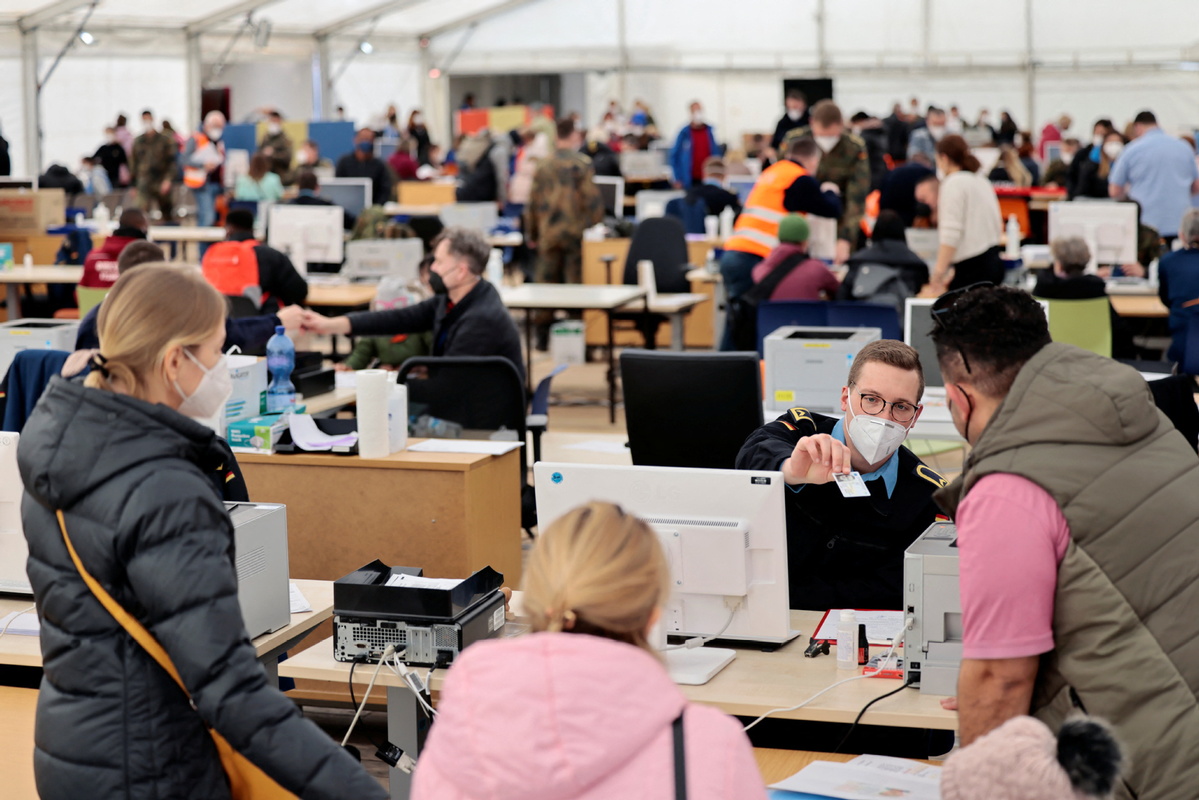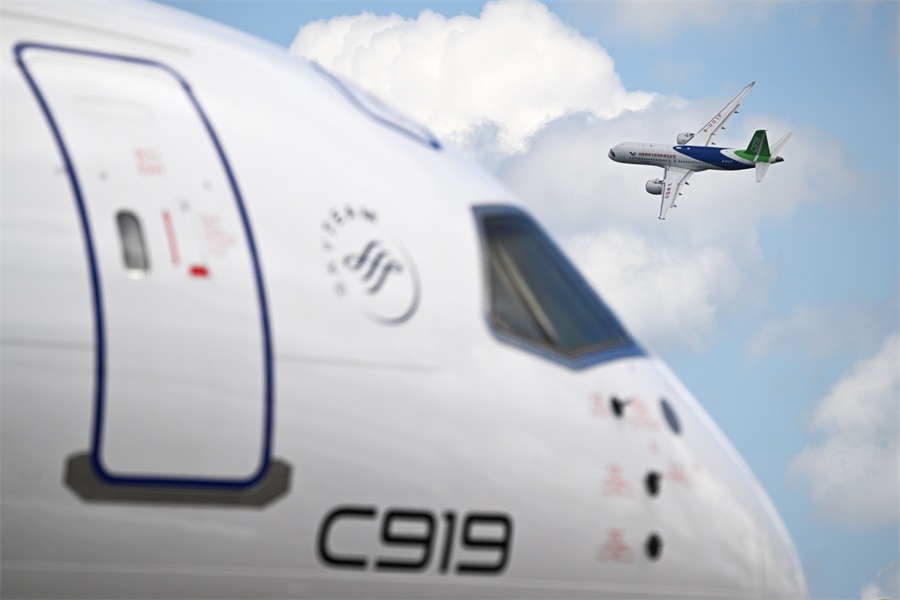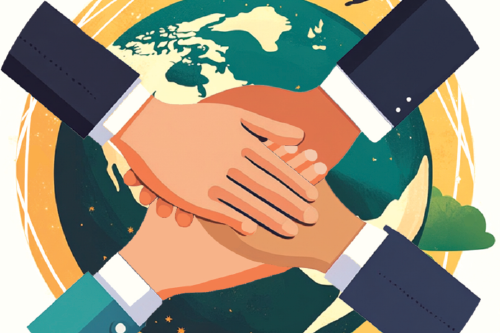Europe's refugee policy shouldn't be discriminatory


I received a letter from the local commune in Brussels asking me — as it did in letters to other residents — what I can do to help refugees from Ukraine, from providing accommodation, volunteer service and/or donating money.
The warm, quick response to, and the unprecedented solidarity in Belgium and other European countries in the face of, the Ukrainian refugee crisis is impressive.
Despite the growing anti-immigration sentiment in some European Union member states, many Europeans are welcoming with open arms the Ukrainian refugees, who include an overwhelming number of women and children since the Ukrainian government has forbidden men aged between 18 and 60 from leaving the country.
The Belgian royal family, for example, has said it will make three of its properties available for Ukrainian refugee families as some 200,000 Ukrainian refugees are expected to arrive in Belgium.
United Nations High Commissioner for Refugees said on Wednesday that more than 5 million refugees have fled Ukraine. While more than 2.8 million of them have sought shelter in neighboring Poland, over 757,000 have fled to Romania, over 471,000 to Hungary, almost 427,000 to Moldova and nearly 343,000 to Slovakia. And about 550,000 have fled to Russia.
The European Commission, apart from announcing other measures to deal with the refugee crisis, has pledged huge amounts of funds to help the Ukrainians fleeing the Russia-Ukraine conflict, which broke out almost two months ago. And last month, the EU announced steps to help member states ensure the rights to education, healthcare, accommodation and jobs of those refugees are protected.
At a "Stand Up for Ukraine" global pledging event on April 9 sponsored by the European Commission and the Canadian government, some €9.1 billion ($9.9 billion) were raised to help the displaced Ukrainians, both in and outside the country.
Zsolt Darvas of Brussels-based think tank Bruegel said that hosting Ukrainian refugees could cost the EU countries in excess of €40 billion this year, and called for a dedicated EU fund to manage the fiscal burden.
The humanitarian crisis caused by the Russia-Ukraine conflict has been described as the largest in Europe since the end of World War II, and the people in Europe should be commended for their generosity in tackling the crisis.
But the warm welcome the European people have accorded to Ukrainian refugees has raised questions among many why refugees and asylum seekers from other places, such as Afghanistan, and the Middle East and African countries, have been treated differently.
The InfoMigrants.net, which is devoted to covering news about migrants, reported on March 25 that people who have fled Afghanistan, Syria and the Horn of Africa have been waiting for days in the hope of accessing Belgium's only registration center in Brussels for asylum seekers run by Fedasil (Federal Agency for the Reception of Asylum Seekers).
In the ongoing French presidential election, from April 10 to 24, refugees and immigration are a key issue. Both far-right candidate Marine Le Pen and members of President Emmanuel Macron's Cabinet have made inflammatory speeches targeting refugees, many of them Muslims.
In the United Kingdom, Prime Minister Boris Johnson's plan last week to send asylum seekers to Rwanda has been condemned by the UNHCR and NGOs alike. In fact, the European Commission has sanctioned tens of millions of euros over the past years to help EU states secure their borders and stop refugees from Afghanistan, and the Middle East and African countries from entering the EU despite the fact that these people are also fleeing conflicts just like the Ukrainian refugees.
In their speeches, many EU leaders have said "Ukraine is one of us" and "belongs in the European family" as if justifying their step-motherly treatment to refugees from non-European countries who are often people of different race and color.
Many European countries are known for their generous donations to the global humanitarian cause, but their generosity does not equally apply to refugees from Ukraine and other countries.
The author is chief of China Daily EU Bureau based in Brussels. [email protected]
If you have a specific expertise, or would like to share your thought about our stories, then send us your writings at [email protected], and [email protected].


































